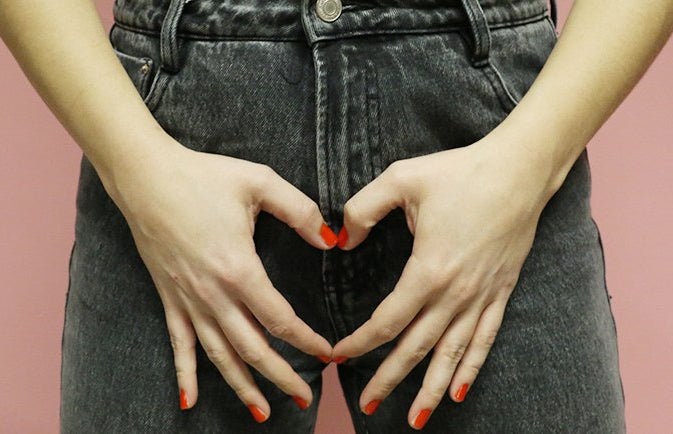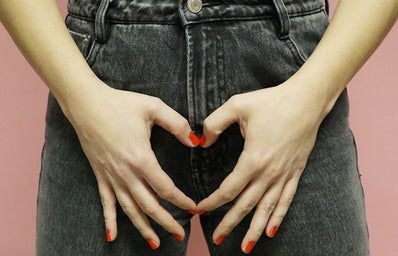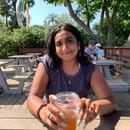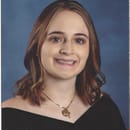As a child, my mother told me she was one of the only feminists back in her town in Lahore, Pakistan. She explained, “It just means you believe men and women should be treated equally.” I vividly remember my dad laughing, going on to say, “Now women have more rights. Don’t get emotional about it.” It’s statements like these, that I often heard growing up in our South Asian household, that pushed me to fight even harder for feminism.
In the South Asian community, it’s a taboo to discuss the inherent sexism within the culture. Bringing it up with my family members always ended in an argument or name-calling. In high school, I didn’t think I would be confronted with the same problems I saw within the Pakistani community. But I did. I witnessed sexual harassment, rape allegations, degrading comments about other student’s bodies, dress codes that were only enforced on girls with a specific body type, and even a proposal to start a “masculinity club” (the name was misleading, however, because the proposal stated they would discuss what rights men were lacking in comparison to women). Experiencing all of this first-hand made me realize all the other experiences I had been blind to when I was younger.
I was seven years old when my mom first told me about her abuser.
I was twelve when I was told how to dress to ensure my safety.
I was thirteen when I first got catcalled.
I was fifteen when my grandmother first asked my father when I’m going to get married.
That was the same year I faced sexual harassment.
This is why I call myself a feminist. These experiences should not be so normalized within our society, yet they are. Contrary to misconceptions about feminism, that it’s about the degrading of masculinity and that the fight for gender equality is over, it’s experiences like these that maintain my passion. It’s the patriarchal social system that we live in, the seemingly indefinite wage gap, the toxic masculinity, the victim-blaming, the fight for access to healthcare, and the unreasonable expectations we have of women today, that serve as the foundation for my beliefs in feminism.
Merriam-Webster Dictionary defines it as the “theory of the political, economic, and social equality of the sexes.” Considering this, there should be many more people that call themselves feminists than there are. However, the word feminism has been manipulated by society to be represented as a radical, aggressive ideology. For example, I remember watching a Middle Ground video by Jubilee titled, “Can Feminists and Non-Feminists Agree on Gender Equality?” In it, one of the participants claimed that the many injustices that happen to men are overlooked and that the media portrays fourth-wave feminism to be too exclusive and reject people with differing opinions. However, the ideals of fourth-wave feminism cannot be overlooked simply because everyone who identifies as a feminist today may have slightly differing beliefs. It’s about the empowerment of women in a society that’s revolved around men. It’s about fighting gender expectations that were constructed by society. It’s about fighting against the rape culture that’s very much real and giving a voice to survivors who didn’t feel heard before. It’s about promoting body positivity and rejecting others’ opinions on our sexuality. These problems are much too real and normalized for the fight for gender equality to be considered “done with”.
I read “Bad Feminist” by Roxane Gay a few months ago, and strongly identified with it. Gay spoke about why she identifies as a feminist and wrote about different things she enjoys that inherently go against some of the ideals of feminism. When I was younger, I also fell into the misconceptions about feminism and believed I couldn’t call myself one because of little things, like my feelings of needing to get rid of my body hair or wear makeup to feel pretty, or my obsession with musicians who only sang about the sexualization of women. But these are social constructs that developed way before my time and restricted my freedom to fully accept myself and express my individuality. I’m still struggling to figure out what I enjoy about being a woman and what was just pushed on to me since I was a child. But that’s okay. As Gay put it, “I’d rather be a bad feminist than no feminist at all.” As a feminist, I don’t feel the need to act the way others do or expect others to act like me—we’re individual people. But I believe in the empowerment of those around me who have had to fight twice just as hard to be heard.
That’s why I call myself a feminist.



